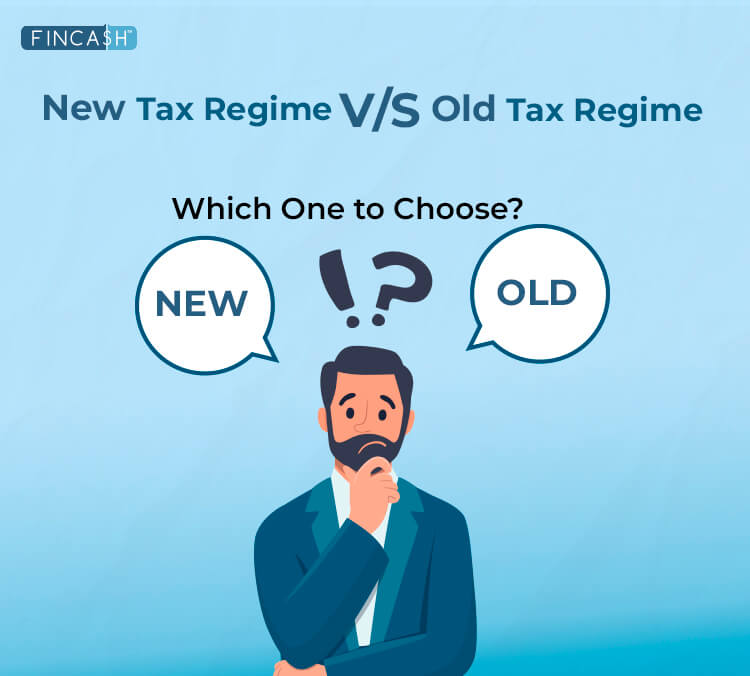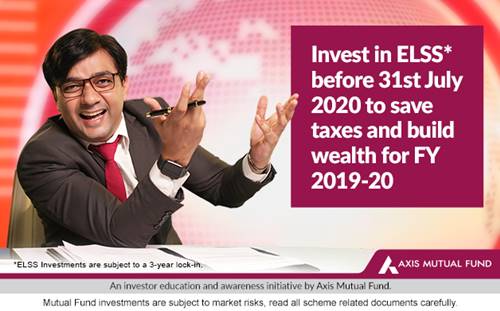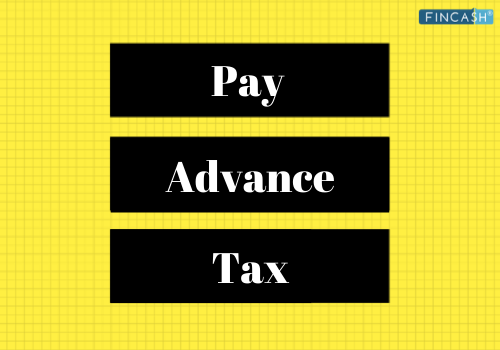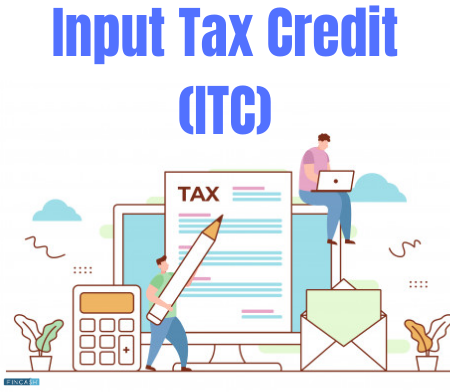
What Is Gift Tax?
There are numerous instances when gifts are exchanged. Giving gifts to one another is a sign of love, affection and social status. However, they are frequently used in Tax Planning and evasion. Tax planning within the confines of the law is possible, but tax evasion is illegal and punishable. Do you wish to understand gift tax is which type of tax? Continue reading this article for it.

The Gift Tax Act of 1958 (The GTA) was enacted in April 1958 to impose Taxes on giving and receiving presents in specified circumstances. Gifts of cash, Bank draft, bank cheques, or anything else of worth were accepted.
In October 1998, the GTA was repealed, making all gifts tax-free. However, in 2004, the Gift Tax was restored in a new form and incorporated into the Income-tax laws. Therefore, to avoid any unintended or unanticipated tax outflows, it is critical to have a basic understanding of gift taxation in India. Gift Tax in India
Gifts acquired by any people are taxed in the recipient's hands under the heading' income from other sources' at standard tax rates, according to the law as it stands now, which was revised in 2017. Whether the gift tax is direct or indirect depends upon the type.
The provisions relating to gift tax are covered by Section 56(2)(x) of the income tax Act of 1961. The table below summarises these provisions in a concise manner:
| Type of Covered Gift | Monetary Threshold | Taxable Quantum |
|---|---|---|
| Any money sum without a consideration | A sum greater than 50,000 | The whole sum of received money |
| Any property that is immovable, like Land, building, etc., without a consideration | Stamp duty value* greater than INR 50,000 | A property’s stamp duty value |
| Any property immovable for inadequate consideration | Stamp duty value* considerably greater than INR 50,000 | Value of stamp duty minus the considerations - Example 1: The value of stamp duty is INR 2,00,000. The consideration is INR 75,000. The taxable amount is INR 1.25 lakhs (the value of stamp duty exceeds the consideration by more than INR 50,000). Example 2: In Example 1, if the consideration is INR 1,60,000, the taxable gift is Nil since the stamp duty value is less than INR 50,000. |
| Any property, including shares, jewellery, drawings, etc. other than the property immovable without any consideration | Fair Market Value (FMV) exceeding INR 50,000 | Such property’s FMV |
| Any type of property instead of immovable property for considerations | FMV exceeds consideration by around INR 50,000 | Minus consideration, FMV (The same example can be used in the case of immovable property) |
Talk to our investment specialist
Exemptions in Gift Tax
Gift tax is levied on gifts for more than INR 50,000, but if a relative presents the gift, it is excluded from the tax. According to the income tax rule, the list of people who can be exempted is below:
- Parent
- Spouse
- Siblings
- Siblings of spouse
- Lineal descendants
- Spouse's Lineal descendants
There are several other circumstances in which gifts are tax-free, as follows:
- Gifts given at weddings are generally exempt from taxation
- Gifts received as the Inheritance's part are tax-free.
- Local governments and educational institutions that receive cash or incentives for achievement are exempt from paying taxes.
Gift Tax Calculator: Stamp Duty Related Provisions
The stamp duty value provisions are substantially similar to those in the Income Tax Act's section 50C. The following is a summary of the Gift Tax provision:
Stamp duty must be taken into account when calculating gift tax stamp duty on immovable property. The value of the stamp duty can be more significant for various reasons, one of which is the time gap between the registration date and the agreement setting the consideration. As a result, if the following requirements are met, stamp duty value as of the date of agreement fixing the consideration must be considered when calculating gift tax:
- The agreement and registration dates are not the same.
- On or before the agreed date for transfer, consideration is paid in part or whole by account payee cheque, electronic transfer mode through bank account, or Bank Draft.
In addition, if the taxpayer has questioned the value of the stamp duty adopted by the valuation body, the tax officer is required to analyze all records under Income Tax Act's Section 50C.
All efforts have been made to ensure the information provided here is accurate. However, no guarantees are made regarding correctness of data. Please verify with scheme information document before making any investment.












